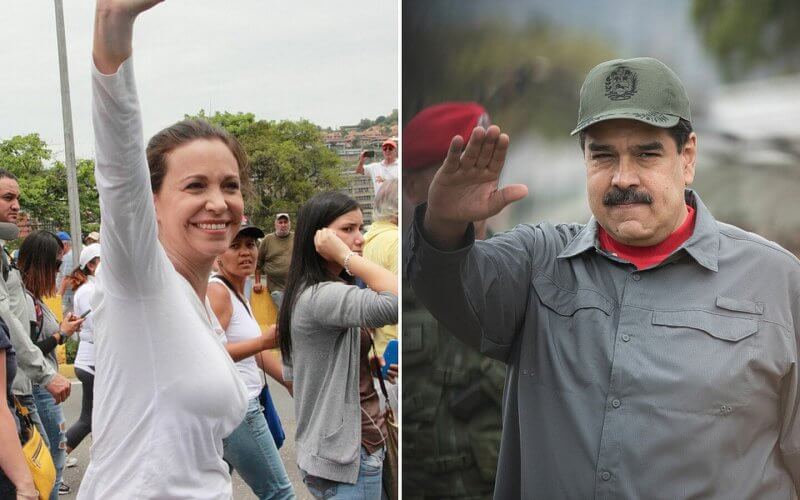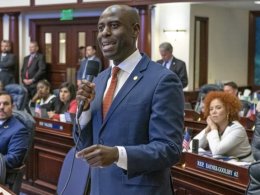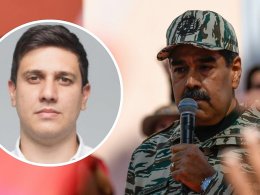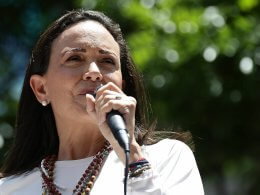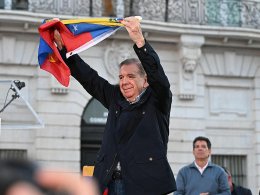A new poll conducted by survey company Meganalisis suggests there has been a downturn in support for the regime compared to previous periods.
The study, collected this month in February, revealed that opposition leader María Corina Machado, who is currently facing disqualification from participating in this year's presidential elections, obtained an impressive 72% level of support, marking a milestone as the candidate with greatest support in the history of the country before elections.
Communist dictator Nicolás Maduro only retained 8% of the voting intention, while 20% of those surveyed said they still do not know which candidate to choose, or indicated they would vote for a third party.
Another pollster, Poder y Economía, reflected in its study that Machado has 74% voting intention and Maduro only 20%, with a smaller number of undecided voters.
Regarding exercising their right to vote, 55% of those surveyed assured that they will vote. 13%, who may vote, and 11%, who are sure they will not vote.
Another pollster, Hercon, shows 64% for Machado and 14% for Maduro, although that study was carried out with a small sample, which could affect the actual percentage.
The polls are a reflection of how much the regime has declined in recent times, considering that the late former president Hugo Chávez obtained quite significant initial support.
Chávez came to power in 1998 with 56.2% of the votes, won the 1999 constituent elections with 71.7% of the votes and was re-elected in 2000 with 59.7%.
In 2004, Chávez's popularity had declined and the opposition decided to launch a recall referendum with the aim of dismissing the government, but the Chavismo movement obtained 59.1% of the votes. This was also the first time that many Venezuelans claimed that there was electronic fraud.
The situation really began to change when in 2010 the regime lost the parliamentary elections against the opposition, which obtained 52% against 48%.
After Chávez's death in 2013, Maduro called elections with only 14 days of campaigning.
Maduro narrowed his victory to the minimum, with 50.6% of the votes, prompting many to complain that the elections were one of the most blatant frauds in the history of Latin America.
Although Maduro remained in power during the 2015 parliamentary elections, the Unity Roundtable obtained 56% of the votes. That same year, the president began to implement a regime of terror, imprisoning his main opposition opponents and finishing dismantling the rule of law in Venezuela.
In 2018, Maduro ran without opposition, in an election where several candidates were behind bars and others did not want to participate so as not to legitimize the regime. Although he won with 67.8% of only Chavista voters, surveys showed that his voting intention was between 15% and 25%.
Now, circumstances reveal a drastic change in popular perception, marking the collapse of Chavismo in Venezuela and the rise of the opposition.
Related Story: Venezuela Arrested Opposition Politicians Amid Oil Standoff with Guyana, Accusing Them of a “Transnational Conspiracy”





